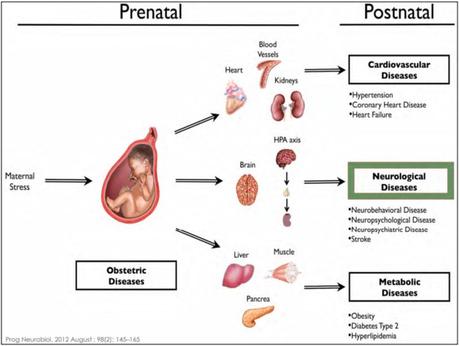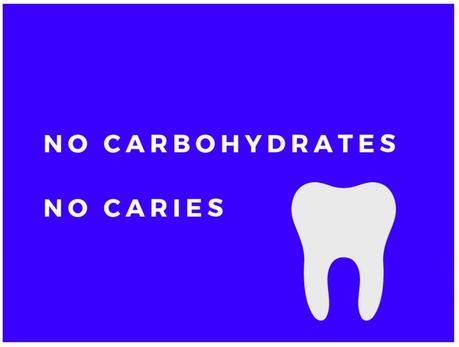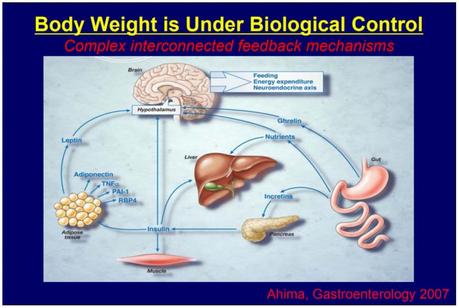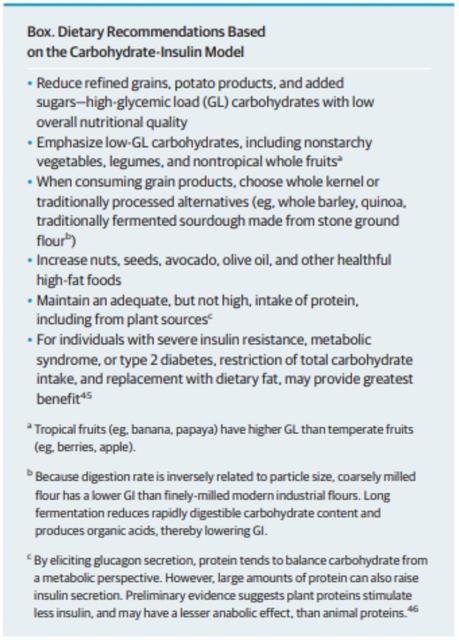
Taking advantage of a rare alignment of my schedule with a nutrition conference, I earlier this year attended a conference in Seattle, WA, (USA) titled " Metabolic Health and Nutrition Across the Life Span." The headlining presenters were Dr. David Ludwig and Dr. Robert Lustig - both pediatric endocrinologists, researchers, authors, etc.
Though my notebook overflows with wisdom, practical tips, inspiration, and what-if's, I'd like to share some of the salient points that made this conference worth my time and effort to attend. If one wishes to dive deeper, there is far more information available in each of these presenters' websites and publications.
These notes are primarily based on my notes taken from the lecturers' verbal and slide presentations. Although I tried to communicate the lecturers' intents as true as possible, there is inevitably some personalization of the content. This information will mostly be presented as bullet points, rather than lengthy narrative, although there are some points that needed further description. Statistical figures cited during the presentations were not corroborated with the original research studies.
Part 1: The lecture series follows a purposeful sequence, first discussing the influence of various factors on a child's metabolic health even before conception, then discussion of the interplay between dental health and systemic diseases, and finally a caution to ignore everything you've learned about nutrition and weight loss.
Developmental programming of the iGen Brain: Preconception and prenatal considerations
Leslie Stone, M.D.; Michael Stone, M.D.; Emily Rydbom, CN, BCHN, CNP
The preconception and prenatal periods are incredibly important for the health of an individual, for intrauterine (prenatal) stresses are linked to numerous complications later in life, including metabolic, neurologic, and psychiatric disorders.

Research has repeatedly demonstrated an association between preterm delivery and cognitive impairment. Preventing preterm delivery has far-reaching implications, as it is known that women who are born preterm are more likely to deliver preterm themselves - in fact, three generations downstream are affected by a preterm delivery.
Though sometimes necessary to provide supplements such as zinc, carnitine, vitamin D, magnesium, iron, and B vitamins, they maintain an "always food first" approach.
Their proactive prenatal care directed at improving nutrition and reducing prenatal stress has resulted in an impressive 0% rate of pre-term deliveries - a mighty impressive feat.
There is no other time in life when one is more willing to make positive changes than when carrying a child . . . or about to. - Dr. Michael Stone
Your patient's teeth: A window to their medical past, present and future
Philippe Hujoel, Ph.D., DDS, MSD, MS
There are two critical ingredients for the formation of dental caries (aka cavities) - a defect/irregularity in the tooth enamel and the presence of fermentable carbohydrates. Populations consuming diets that were exclusively carnivorous have only rarely developed caries, whereas there is a clear onset of high rates of caries after populations are introduced to carbohydrates.

"No carbohydrates, no caries." Study after study has supported this simple rule, with extensive evidence coming from all over the world, in humans and other animals, and as far back in time as we can tell by archaeological records.
Drs. Cleave and Yudkin considered dental disease (caries and periodontitis) to be precursors to metabolic diseases such as obesity, diabetes, and heart disease - dental decay occurred within months of exposure to fermentable carbohydrates, then two decades for diabetes and three decades for coronary heart disease. Subsequent research has supported that hypothesis - that dental disease is an "alarm bell" for exposure to fermentable carbohydrates.
Not surprisingly, the field of dental health has a history of being manipulated by the sugar industry, similar to tactics by the tobacco and processed food industries, suppressing the well-known knowledge that sugar intake is closely associated with caries. Rather than acknowledge the crucial role that fermentable carbohydrates play in development of dental caries, the same groups that were promoting high-carb diets also advocated for supplementation with fluoride as a solution to the epidemic of dental disease. Ignoring the root cause of cavities has resulted in persistent, ineffective advice directed at oral hygiene and fluoride supplementation.
On a low-carb diet, however, one simply does not need fluoride for dental health. Research has demonstrated that fluoride reduces caries by 25%, vitamin D supplementation reduces caries by 50%, and elimination of sugar reduces caries by 100%.
E.V. McCollum, Ph.D., D.Sc. - 1941:
Caries of teeth is restricted to people and animals who eat liberally of carbohydrate containing foods. Carnivorous man and animals do not suffer from this disease.
Forget everything you've been taught about dieting: The insulin model of metabolic dysfunction
David Ludwig, M.D., Ph.D.
The conventional calories in, calories out model of obesity - that overeating and physical inactivity drive obesity and thus the prescription for weight loss is "Eat less, move more" - does not hold up in real life. Rather, body weight appears to be under biological control with complex interconnected feedback mechanisms.

Primarily, body weight is driven by insulin and its complex actions, with insulin excess causing weight gain, even in trials with controlled energy intake. Carbohydrate intake is the primary driver of insulin levels, and the llycemic load (average dietary glycemic index x amount of carbohydrate consumed) is the single best predictor of postprandial glucose concentrations, explaining about 90% of the variance.
The metabolic consequences of carbohydrates are what drive the addiction to them. Not only does a high-carb meal cause an increase in serum glucose, but also it suppresses the level of fatty acids and causes a surge in epinephrine. The addiction to carbohydrates is caused by these changes exerting their influence in the addiction center of the brain; carbohydrate addiction is not driven by taste.
On a high-carb diet, "the fat cells feast; the rest of the body starves."
A simple approach to lower insulin levels and promote weight loss is to replace highly processed carbohydrates with healthy high fat foods.

Dr. Ludwig's program for weight loss and improved health are further detailed in his book, Always Hungry? Conquer Cravings, Retrain Your Fat Cells, and Lose Weight Permanently.




